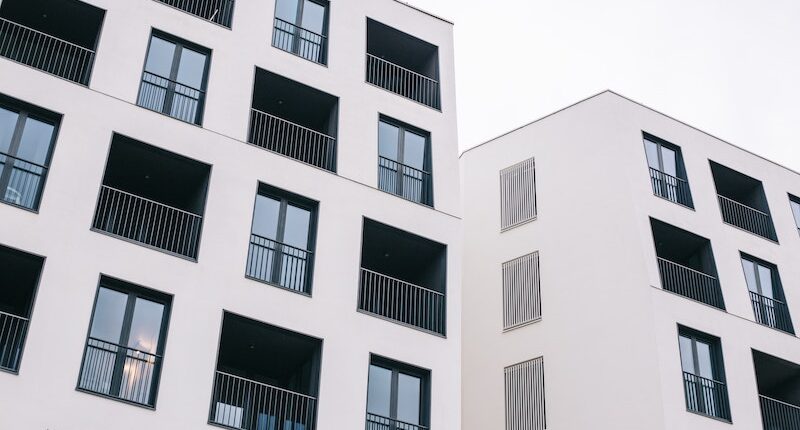- Australian apartment sector needs to focus on environmental impact
- Projects are priced for the upper end of the market
- Valuations don't reflect the high cost of energy efficiency
Developers are too focused on cutting costs and should be looking at ways to make buildings more environmentally friendly, according to new research by AHURI.
The study found that despite consumer interest very few projects exceed minimum efficiency standards and valuations don’t reflect the high cost of making buildings energy efficient.
Delivering sustainable apartment housing: new build and retrofit, undertaken by researchers from the University of New South Wales (UNSW) and RMIT, revealed that the existing speculative development sector, often termed ‘Build-to-sell’ (BTS), is primarily designed to satisfy minimum building standards. The sector’s dependence on investor demand, particularly susceptible to economic fluctuations, discourages the delivery of innovative, environmentally friendly apartments.
Research author, Professor Hazel Easthope from UNSW said that developers are focused on keeping costs down.
“BTS developers are focused on quickly building and selling, often rejecting anything that could increase costs,” said Easthope.
“It’s clear they’re in the business of selling apartments, not managing energy supplies.”
Professor Hazel Easthope, UNSW
A niche area of the market
She said at present, the market for new environmentally friendly apartments in Australia is largely seen as a niche sector geared towards luxury offerings.
They come with a premium price, which excludes mid to lower market buyers and renters.
Easthope said, their analysis shows less than 5% of building projects exceed minimum environmental standards.
“These developments are concentrated in the higher value areas of Sydney and Melbourne.”
She said energy efficiency is seldom incorporated into the feasibility studies for BTS developments.
Adjustments are often made during construction to cut costs, and current property valuation inadequately reflects building performance.
Time to improve
To address these issues, the research suggests several key changes, with developers needing to prioritise environmental factors in project feasibility, aided by improved regulations.
Delivered apartment buildings should also mirror the approved designs, necessitating standardised tools, measures, and regulations for building performance.
It also suggests that consumers require better access to comprehensive information about building performance.
Easthope said certain organisations already demonstrate a longer-term commitment to environmentally friendly building, including community housing providers (CHPs).
BTR could benefit
Build-to-rent (BTR) apartment developments are also an area that could benefit from being more energy efficient.
She said that these developments have financial reasons to ensure their buildings operate efficiently in the future and provide optimal living environments for their tenants.
According to Easthope, BTR could become a significant catalyst for environmentally friendly apartments, potentially elevating the scale of such developments and pushing the entire apartment sector forward.
She also said that property valuation needs to better reflect building performance and the fact that the high cost of making buildings more energy efficient is not incorporated at all makes the problem worse.








